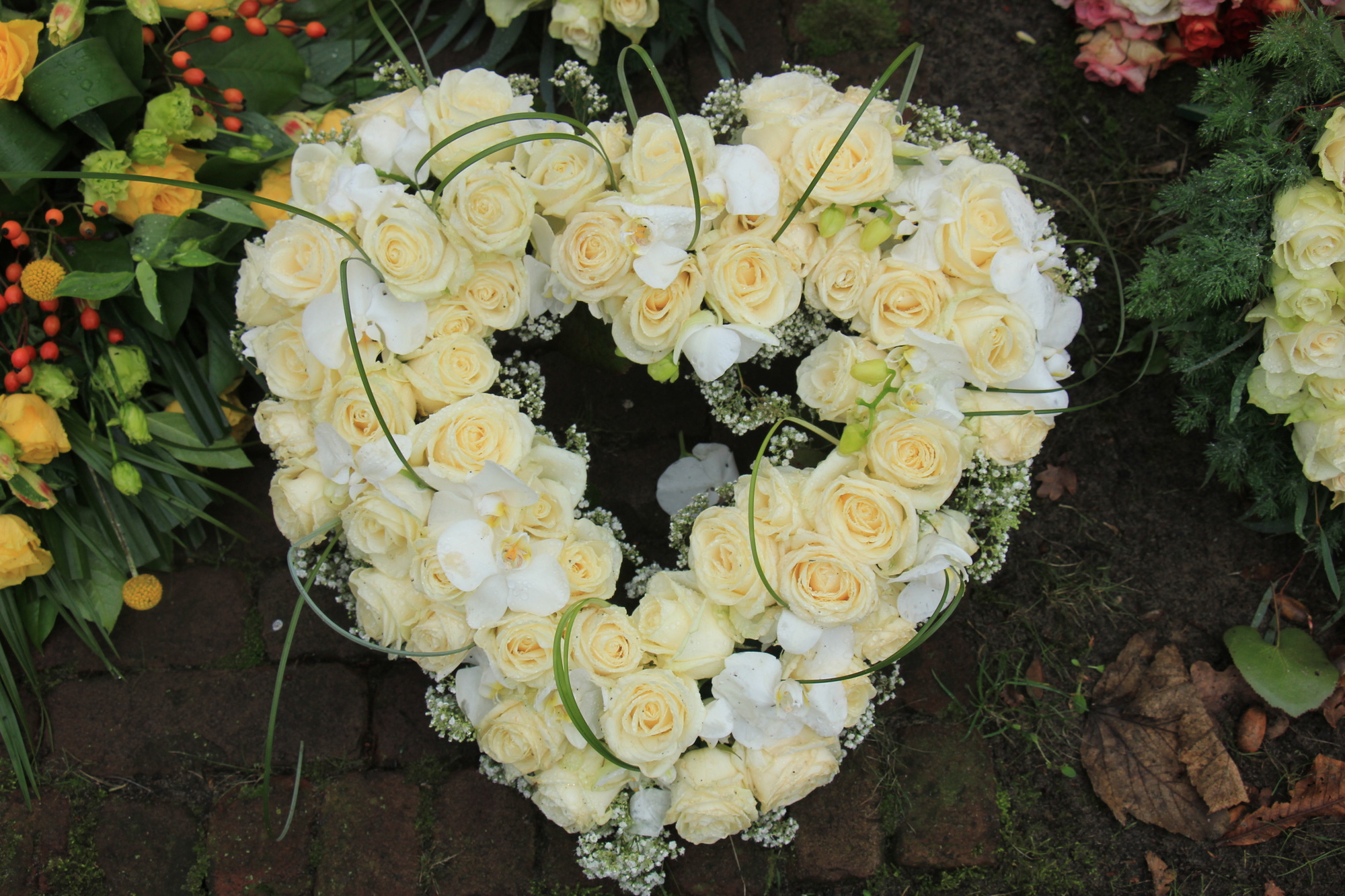How to Cope With the Loss of a Loved One: 5 Tips You Should Know
The death of a friend or family member can feel overwhelming. Emotions might be hard to access or at an all-time high. You may have trouble imagining a future where you’re okay.
In times like these, it’s important to know that you can get through this.
If you’re wondering how to cope with the loss of a loved one, you can start with these 5 bits of wisdom:
1. Let the Grief Follow its Own Timeline
The emotions that you may feel during this time are impossible to predict. You may be sad or lonely when thinking about your loss. Maybe you’re angry that this person has left you, especially if the death was sudden. Or maybe you just feel numb.
Lots of emotions can seem wrong in these early stages of grief, but it’s important to know that this is just one stage in the process. Many people don’t get “hit” with the realization that they’ve actually lost someone until weeks or even months after the death. Sometimes a caretaker’s initial reaction will be one of momentary relief, followed by extreme guilt at feeling this relief.
Whatever you feel in the time after losing a loved one, please give yourself time to process that emotion and use it to heal.
2. Embrace Repetition
When you experience the death of a loved one, other people around you may avoid bringing it up in conversation because they don’t want to make you sad. However, for many people, repeating stories about the deceased can be a powerful way to heal.
Rather than telling yourself, “But I’ve already told this story before,” see what happens when you tell it again. Feeling like you can’t stop talking about something is a sign that there’s work to be done.
If something about the death was especially hard to comprehend, it’s okay to go over it multiple times in conversation with friends. You may want to warn them that you’re going to do this, but don’t stop yourself from this natural process of grieving.
3. Include the Funeral Plan in Your Healing Process
When your brain is already working overtime to understand your loss, planning a funeral may seem like an unwelcome burden. But if it helps, you can use the funeral process to help you heal.
What kind of burial or cremation would best honor your loved one? Choosing a beautiful location can make the setting of your grieving easier to bear. For example, Lavista Memorial Park in San Diego offers ocean facing ground burials.
4. Share Your Memories for the Loss of a Loved One
Think about what you want attendees to see at the funeral. What were the things you loved most about the person who passed? Are there pictures, videos, or stories you’d like to share?
Try asking others who knew this person to contribute to a digital photo collection or a story circle. If the logistics are hard to keep up with, consider asking a friend to help out. You might discover hidden treasures that tell you even more about the story of your loved one’s life.
5. Lean On Your Network
Remember the connections you have in your life, and lean on them when you need emotional support. Even if you feel like closing yourself off to the world, give yourself a few lifelines before holing up in your room.
If you want something, ask. Your friends will likely be grateful to have something concrete they can do for you.
And if you find your network lacking, or you just want to be around people who understand your situation more deeply, you can try joining a support group. These spaces can be incredibly healing when you’re recovering from a loss.
Moving Forward
The loss of a loved one can feel like an insurmountable wound. But when you are gentle with ourselves and reach out for help, you can find ways to heal.
You will get through this.
For more on community and connection, take a look at the other articles on this site.


